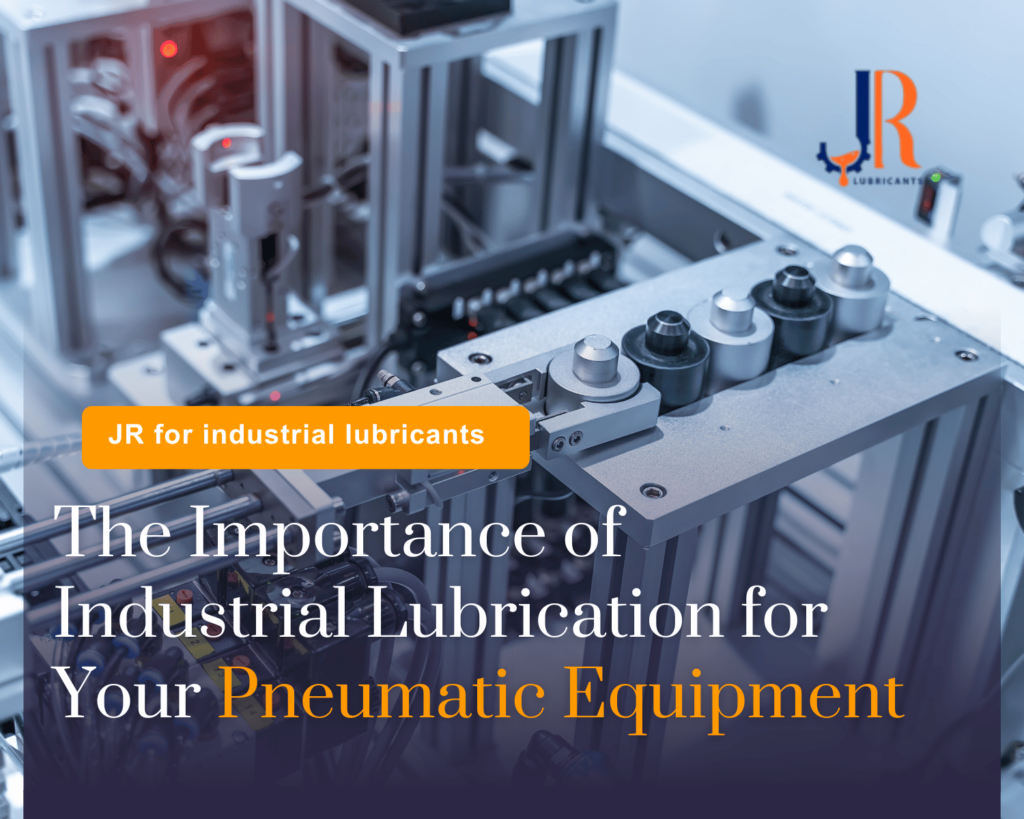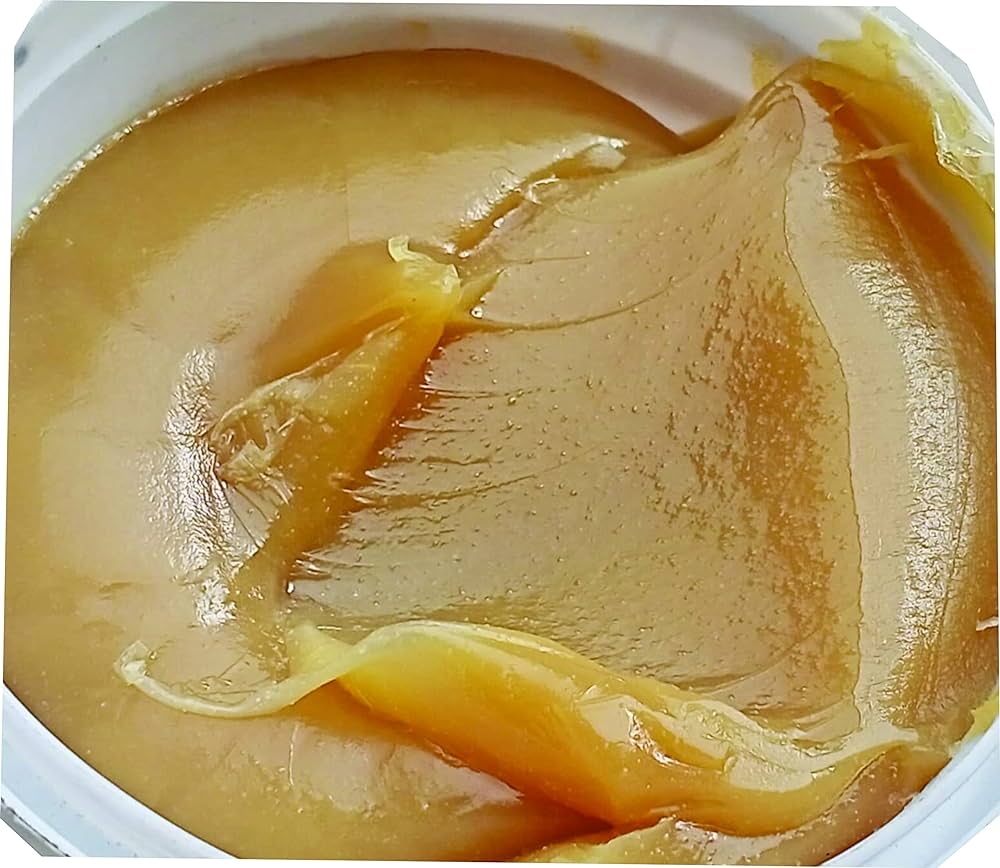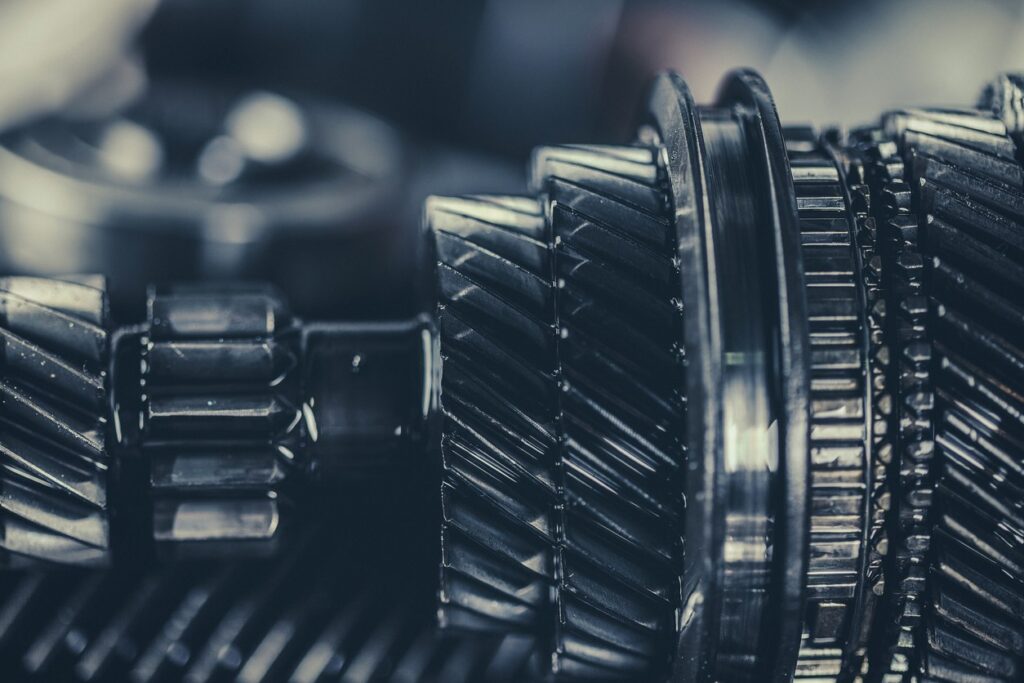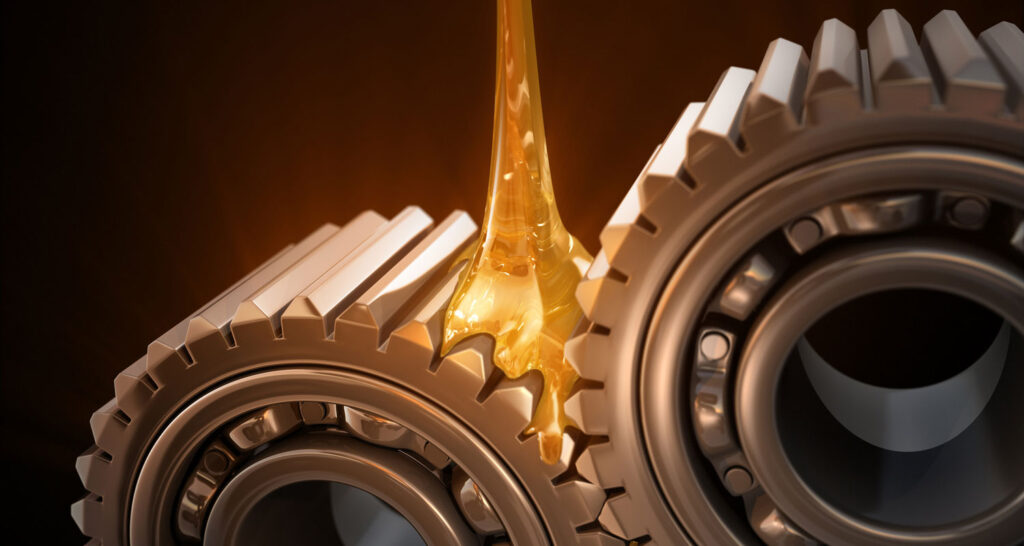If you’re in the thick of the industrial world, you know just how pivotal pneumatic equipment is in your daily operations. These powerhouses drive your productivity, but just like any high-performance athlete, they need the right kind of fuel to keep running at their best.
That’s where industrial lubrication comes into play, a crucial element that often goes unnoticed until trouble arises. In this deep dive, we’ll explore the importance of lubrication in maintaining and maximizing the efficiency of your pneumatic equipment. From understanding the basics of a lubrication system to grasping the purpose of lubrication, we’ve got you covered. So, let’s oil up our knowledge and keep those machines running smoothly!
Why Lubrication Matters
At its core, the important of lubrication in industrial settings can’t be overstated. Lubrication isn’t just about reducing friction; it’s about safeguarding your equipment against the wear and tear that comes with the territory. Pneumatic systems, with their reliance on air to transmit power, are particularly susceptible to issues arising from inadequate lubrication. Moisture, debris, and the constant pressure fluctuations can lead to corrosion, leaks, and component failure if not properly managed with the right lubrication tools and equipment.
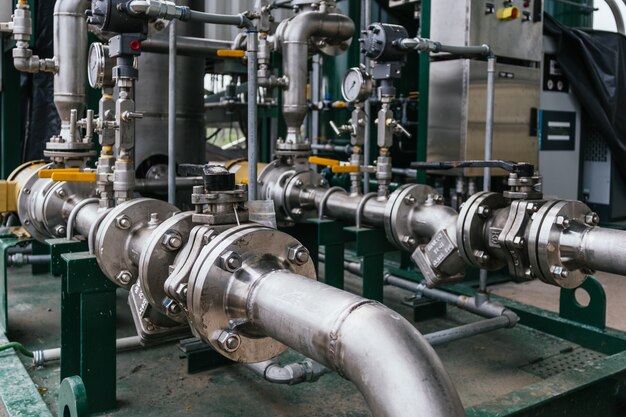
Understanding the Lubrication System
A well-designed lubrication system ensures that the right amount of lubricant is delivered to the crucial parts of your pneumatic equipment at the right time. This system is the lifeline of your machinery, preventing metal-on-metal contact that can lead to premature wear or catastrophic failure. But it’s not just about slapping on some grease or oil; it’s about understanding the specific needs of each piece of equipment and using the appropriate lubricants to meet those needs.
The Lifeline of Your Equipment: Equipment Lubrication
Equipment lubrication is your first line of defense in maintaining pneumatic equipment efficiency. Regular and correct lubrication practices help to:
- Reduce friction and wear, extending the lifespan of moving parts.
- Enhance seals’ effectiveness, preventing air leaks and maintaining system pressure.
- Protect components from rust and corrosion caused by moisture in compressed air.
- Ensure smooth and reliable equipment operation, minimizing downtime and maintenance costs.
Tools of the Trade: Lubrication Tools and Equipment
Equipping yourself with the right lubrication tools and equipment is crucial for effective maintenance. This includes everything from simple grease guns and oilers to sophisticated automatic lubrication systems that deliver precise amounts of lubricant to critical points without manual intervention. Investing in quality lubrication tools not only improves the efficiency of your lubrication practices but also ensures the safety and longevity of your equipment.
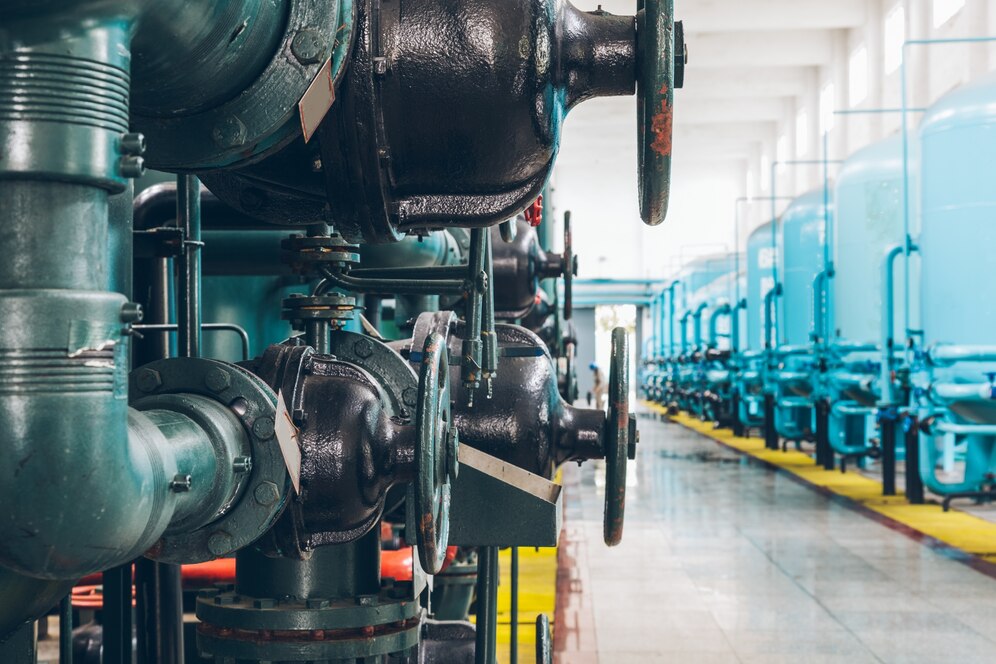
The Purpose of Lubrication: More Than Just Reducing Friction
While reducing friction is a primary goal, the purpose of lubrication extends far beyond that. Proper lubrication also plays a significant role in:
- Cooling: Lubricants carry away heat from moving parts, preventing overheating.
- Cleaning: Lubricants can help remove debris and contaminants from critical areas.
- Sealing: Lubricants can enhance the seal between components, preventing leakages.
- Protecting: By forming a barrier, lubricants protect against corrosion and wear.
- Elevate Your Machinery’s Performance with JR Grasso Ordinario SOD – MP2: The Premium Multi-Purpose Sodium Grease
- Unleashing the Power of JR Olio Motore 20W50: The Ultimate Engine Protector
- Unleash Efficiency and Reliability with JR Olio Lub Per Catene: The Ultimate Chain Lubricant
- Unleashing Performance with JR Grasso Ad Alta Velocità: The Ultimate Guide
- Maximizing Performance with JR Lubrificante Adesivo-2500: A Comprehensive Guide
Best Practices for Industrial Lubrication
To make the most of your lubrication efforts, consider these best practices:
- Select the Right Lubricant: Not all lubricants are created equal. The right choice depends on your equipment’s specific requirements, operating conditions, and environmental factors.
- Establish a Routine: Regular lubrication is key. Develop a schedule based on manufacturer recommendations and real-world performance.
- Use the Proper Amount: Over-lubrication can be just as harmful as under-lubrication. Ensure you’re applying the right amount to avoid issues.
- Monitor and Maintain: Keep an eye on lubricant levels, condition, and equipment performance to catch and address issues early.
- Train Your Team: Make sure everyone involved understands the importance of lubrication and knows how to properly lubricate equipment.
- Elevate Your Machinery’s Performance with JR Grasso Ordinario SOD – MP2: The Premium Multi-Purpose Sodium Grease
- Unleashing the Power of JR Olio Motore 20W50: The Ultimate Engine Protector
- Unleash Efficiency and Reliability with JR Olio Lub Per Catene: The Ultimate Chain Lubricant
- Unleashing Performance with JR Grasso Ad Alta Velocità: The Ultimate Guide
- Maximizing Performance with JR Lubrificante Adesivo-2500: A Comprehensive Guide
In the world of pneumatic equipment, industrial lubrication is the silent hero, working tirelessly behind the scenes to ensure everything runs smoothly. By understanding the importance of lubrication, utilizing the right tools and equipment, and adhering to best practices, you can significantly enhance the performance and lifespan of your machinery. Remember, a little lubrication goes a long way in preventing downtime, reducing maintenance costs, and keeping your operations running efficiently.
So, don’t overlook this critical aspect of equipment maintenance. Embrace the power of proper lubrication, and watch as your pneumatic equipment performs better than ever. Interested in exploring high-quality lubricant products and services? Head over to JR’s website, where excellence meets efficiency in the world of industrial lubricants. Keep those gears greased, and your pneumatic equipment will thank you for it!

